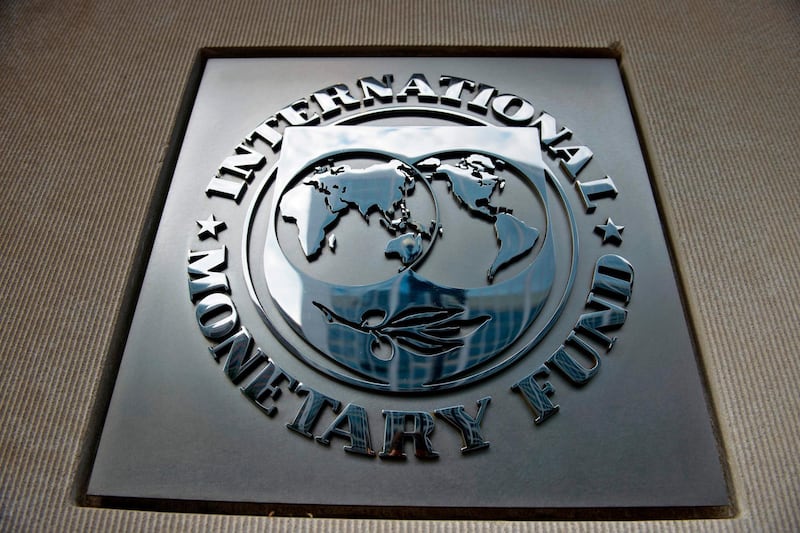Pakistan’s economic reform programme is on track, the International Monetary Fund said on Friday as it approved the second tranche of $452 million (Dh1.65 billion) to support South Asia's second-largest economy.
The latest disbursement follows a decision by the Washington based lender in July, to grant a 39-month $6bn loan to support the reforms programme undertaken by the government. The country has been at a critical juncture due to a legacy of misaligned economic policies, large fiscal deficits and a loose monetary policy that had increased debt and depleted international reserves, according to the fund.
“Pakistan’s programme is on track and has started to bear fruit,” David Lipton, first deputy managing director and acting chair of the IMF, said after the first review of Pakistan’s economic performance under the Extended Fund Facility programme. “However, risks remain elevated. Strong ownership and steadfast reform implementation are critical to entrench macroeconomic stability and support robust and balanced growth.”
The planned reforms include strengthening tax revenue mobilisation, including the elimination of tax exemptions and loopholes, and prudent expenditure policies.
“Preparations for a comprehensive tax policy reform should start early to ensure timely implementation. Enhanced social safety nets will help alleviate social costs and build support for reforms,” Mr Lipton said.
The flexible, market-determined exchange rate remains essential to cushion the economy against external shocks and rebuild reserve buffers, he said.
“The current monetary stance is appropriately tight and should only be eased once disinflation is firmly entrenched. Strengthening the State Bank of Pakistan’s autonomy and governance will support these efforts,” he added.
The IMF also underlined the importance of faster progress to improve the anti-money laundering (AML) and combating the financing of terrorism (CFT) framework.
"Swift adoption of all the necessary measures is needed to exit the FATF's [Financial Action Task Force] list of jurisdictions with AML/CFT deficiencies."
The international lender also said authorities adopted a comprehensive plan to address the accumulation of arrears in the power sector and “its full implementation is key to improve collection, reduce losses and enhance governance."
Earlier this month, Moody's Investors Service affirmed Pakistan's "B3" rating and revised its outlook to stable from negative. The credit rating agency changed its view as it expects Pakistan's balance of payments to improve on the back of fiscal policy reforms and currency flexibility.
"The rating affirmation reflects Pakistan's relatively large economy and robust long-term growth potential, coupled with ongoing institutional enhancements that raise policy credibility and effectiveness, albeit from a low starting point," Moody's said.
Pakistan's economy is projected to decelerate to 3.3 per cent this year and 2.4 per cent in 2020, from 5.5 per cent in 2018, according to the IMF.







